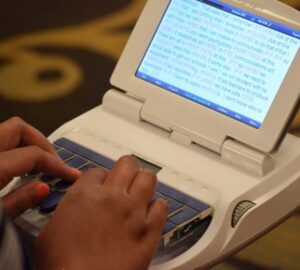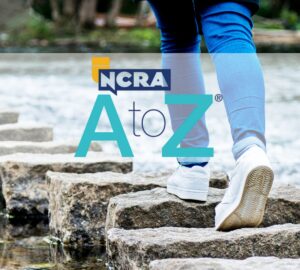Online passwords are crucial to both our personal and professional lives. A recent report estimates that the average person has 70 to 80 passwords they need to remember and manage. This can become a problem when we realize that each account should have a unique and strong password. Fortunately, advances in technology have afforded us the opportunity to streamline this effort.
Using a password manager, such as these recommended by CNET, will ensure that each account you have will be provided both a unique and strong password. Password managers automatically generate strong passwords for all the accounts you choose to connect it to so that you only have to remember one password to log into the password manager itself. This not only saves you the time and frustration of memorizing various passwords, but it also prevents your from accidentally locking your accounts using duplicate passwords.
Another tool to consider for improving your password security is enabling two-factor or multi-factor authentication when possible. These methods require additional verification beyond using a username and password. You may receive a text message, phone call, or email asking you to verify login information or been provided a confirmation code, all of which is multi-factor authentication. Multi-factor authentication acts as a safety net should your username and password fall into the wrong hands. By taking these steps and becoming proactive about maintaining your password security, protecting both your personal and professional information can be a simple as one, two-factor authentication.












